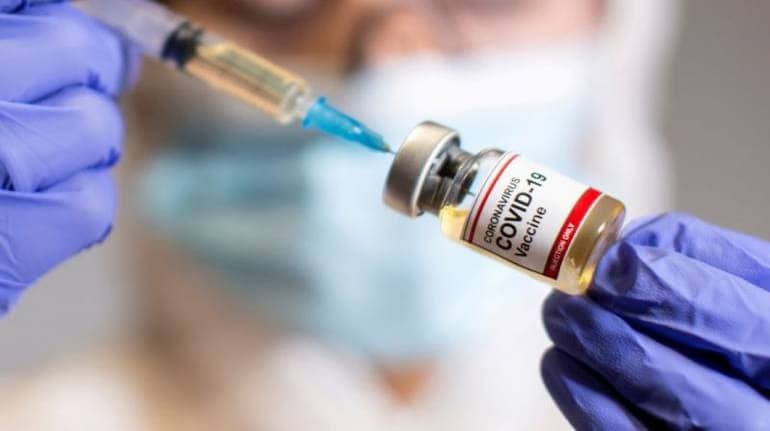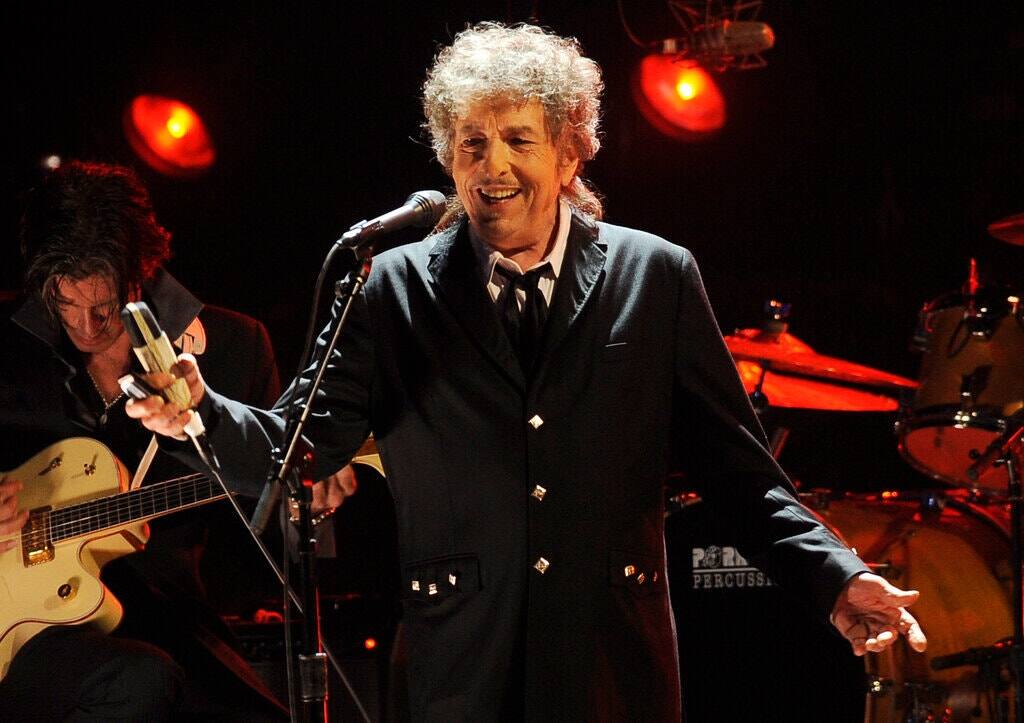The Department of Biotechnology (DBT), the agency that leads the government's Mission COVID Suraksha or Indian COVID-19 Vaccine Development Mission, has prepared 11 clinical trial sites across the country that would help vaccine developers test the vaccine candidates quickly.
Each site will have access to a cohort of about 50,000 to 100,000 healthy volunteers, who can be tracked for prolonged periods of time.
The government has upgraded the infrastructure at these sites, trained the staff extensively on good clinical practices (GCP), harmonised protocols and ensured that participants are communicated in local languages. In addition, the government is also setting up a network of laboratories for immunogencity testing, based on globally recognised assays. The entire exercise was funded under the National Biopharma Mission at Biotechnology Industry Research Assistance Council (BIRAC).
Immunogenecity testing means measuring antibodies specifically generated against the vaccine.
During the COVID-19 vaccine development process, makers from countries such as the US and the UK took the lead, as they have a long history of new drug development and experience of running large multi-centre late-stage clinical trials, with the ability to quickly recruit thousands of participants in a short span of time. In India, where drug discovery is very nascent, it was a challenge to identify good clinical trial sites that can recruit a large number of people. This is where the government stepped in.
In the first phase, six trial sites have been added; these are INCLEN Trust International, Palwal, Haryana; KEM, Pune; ICMR-National Institute of Epidemiology, Tiruneleveli; Christian Medical College, Vellore and Societiy for Health Allied Research Education (SHARE), Hyderabad. Another five clinical trial sites were added later such as Maulana Azad Medical College, Delhi; Society for Applied Studies, Delhi; INCLEN Trust International, Shillong, Meghalaya; ICMR-Regional Medical Research Centre, Bhubaneshwar, Odisha; Andhra Medical College, Visakhapatnam, Andhra Pradesh; and Pondicherry Institute of Medical Sciences, Pondicherry.
DBT said 11 sites are scattered across the country covering the diverse population groups of India, including urban, rural and tribal segments.
Moreover, the DBT also created a cohort of 5,000 subjects at each of the sites to follow up on them for a year, to study immunological response to disease like COVID, Dengue and Chikungunya.
In addition, a vaccine expert committee under DBT meets every two weeks. It provides scientific and technical inputs to research groups and vaccine developers to help them meet regulatory requirements with the DCGI.
"Vaccine development is a complex journey that requires a lot of scientific input as we move on. We need to make sure that quality data is generated that meets the regulatory requirement of not just India but globally," said Renu Swarup, DBT Secretary and BIRAC Chairperson.
Dr Reddy's earlier announced that it was receiving advisory support from DBT for the clinical trials of Russia’s Sputnik V vaccine. Dr Reddy's is doing a phase-2 trial of Sputnik V vaccine in India. The company will be using BIRAC’s clinical trial centres for testing the vaccine.












_2020091018165303jzv.jpg)




























